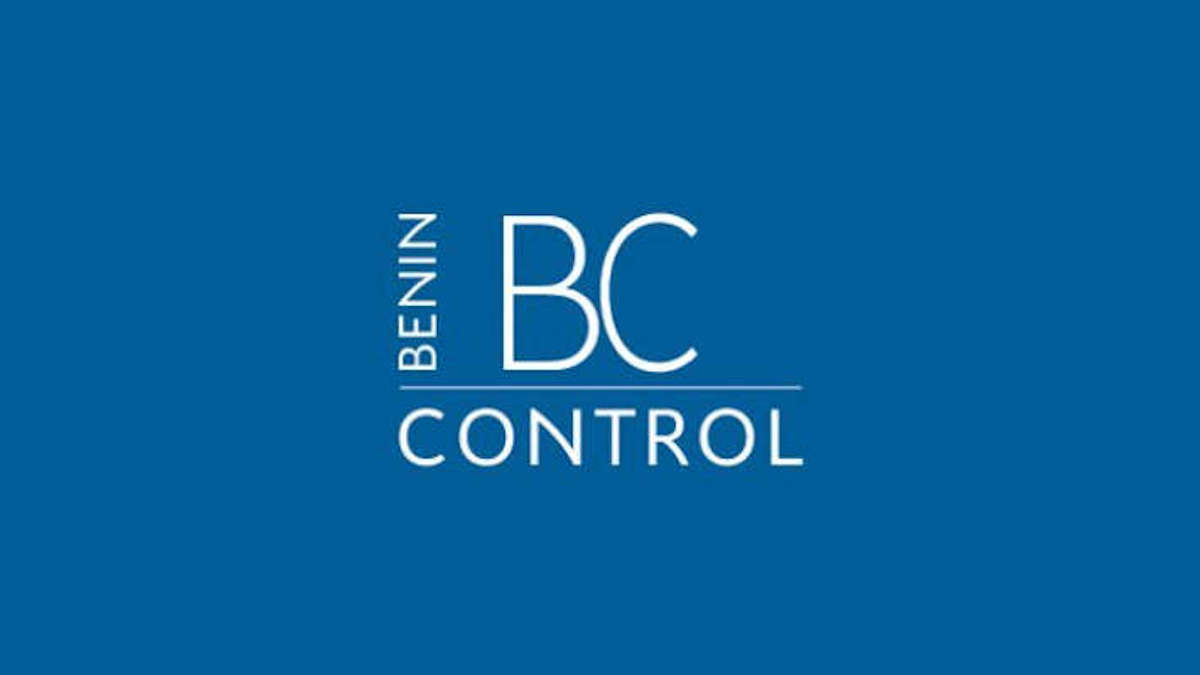Benin: lawmakers seek to scrutinize operations of Bénin Control S.A.
At the National Assembly, Beninese lawmakers are calling for a deep dive into the operations and impact of Bénin Control S.A., a private company mandated by the government to carry out services under the Import Verification Program. The initiative, led by Deputy Ouassagari Bio Sika Abdel Kamel of the opposition party Les Démocrates, takes the form of an oral question session with debate, aimed at shedding light on the company’s performance, financial arrangements, and compliance with national regulations.

SUMMARY
Lawmakers are raising questions ranging from contract transparency and public revenue collection to declared profits, the role of joint control posts, and the company’s activities since its inception. The debate intends to clarify existing gray areas and foster a better understanding of customs revenue management in Benin.
A controversial partnership under scrutiny
Bénin Control S.A., a subsidiary of the SFP (Finance and Participation Company), was initially suspended by President Boni Yayi in a ministerial council meeting on May 2, 2012. However, under President Patrice Talon’s administration, the suspension was lifted and the company resumed operations.
In line with Article 108 of the National Assembly’s internal regulations, the government has been invited to respond to the following key concerns raised by the legislative body:
- What are the exact terms of the contract between the State and Bénin Control S.A., particularly since the company took over critical functions previously handled by the General Directorate of Customs and Indirect Duties?
- In 2012, the government claimed that Bénin Control had earned profits totaling 400 billion CFA francs in one year. Lawmakers are now demanding a full breakdown of public revenues collected by the company annually since 2017. How much has gone into the public treasury, and how much has the company retained for its services?
- What is the full account of public revenues collected by Bénin Control S.A.?
- What activities has the company carried out to date, and how have they evolved over time and across regions?
- What is the specific role of the joint control posts operated by Bénin Control S.A. and the national Customs Office at border crossings?
- Why was Bénin Control managing the electronic cargo tracking system in place of the Port Authority of Cotonou until November 2021? What financial losses did this cause to public revenues?
- Despite contractual obligations, it was observed that as of November 2021, tanker trucks in transit or re-export were not being sealed in accordance with regulation. Why was this allowed, and what losses did this incur for customs revenue?
- On November 9, 2017, the tracking fee on cotton fiber from landlocked countries was suspended, although this measure had never been included in the 2017 Finance Law. What was the financial impact of this unilateral decision?
- Since the suspension was announced as temporary, why has it remained in effect to this day? When will it be officially lifted?
- What are the revenue outcomes associated with:
- Decree No. 2669 C/MEF/CAB/SGM/DGDDI/277/SGG18 dated August 29, 2018,
- Circular No. 3030/DGDDI/DLRI dated September 6, 2018, and
- Service Note No. 3808/DGDDI/DLRI dated November 8, 2017 regarding the collection of tracking fees on goods and cement trucks in transit?
- After nearly two decades of Bénin Control’s operations, when will competencies be transferred to the General Directorate of Customs and Indirect Duties, as originally planned?
- Is there any plan for public investment in customs infrastructure, modeled after Bénin Control S.A.?
- When will the government contract with Bénin Control S.A. officially end?
- Finally, what is the total outstanding bank debt of all public enterprises as of December 31 for the years 2017 through 2024?
These questions reflect growing concern among parliamentarians about transparency, public accountability, and the future role of private actors in critical state functions like customs and border control. The government is now expected to provide detailed responses in the upcoming plenary session.


Comments